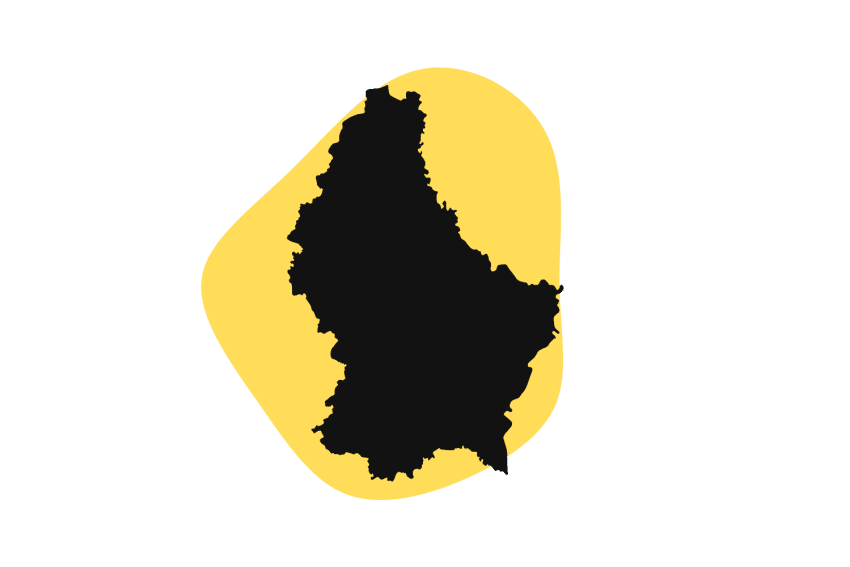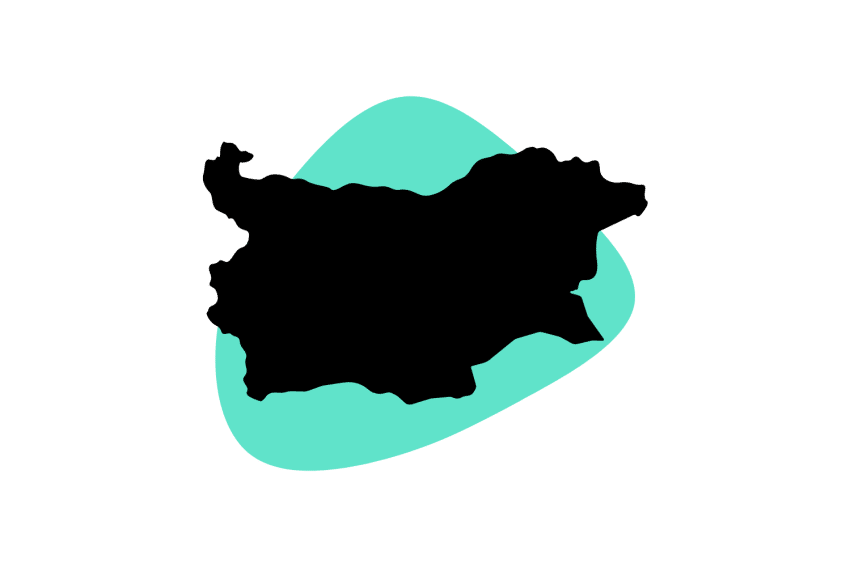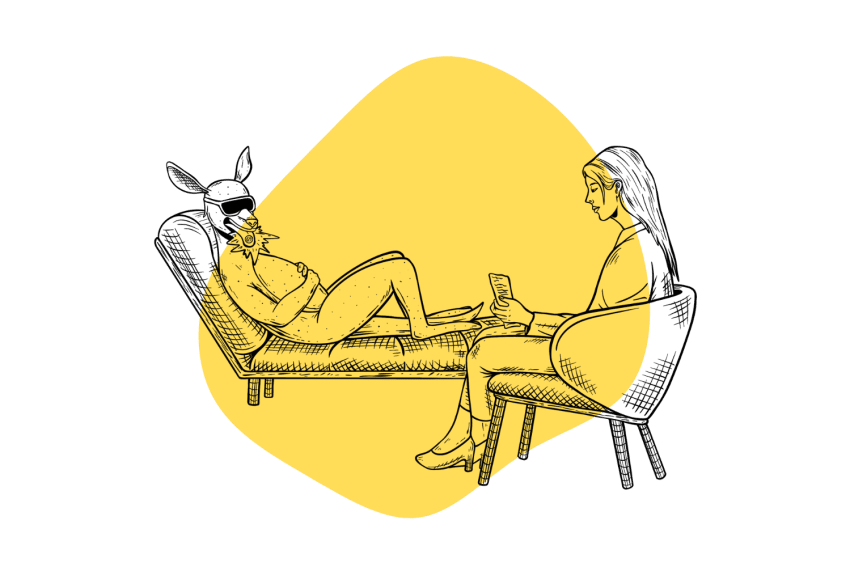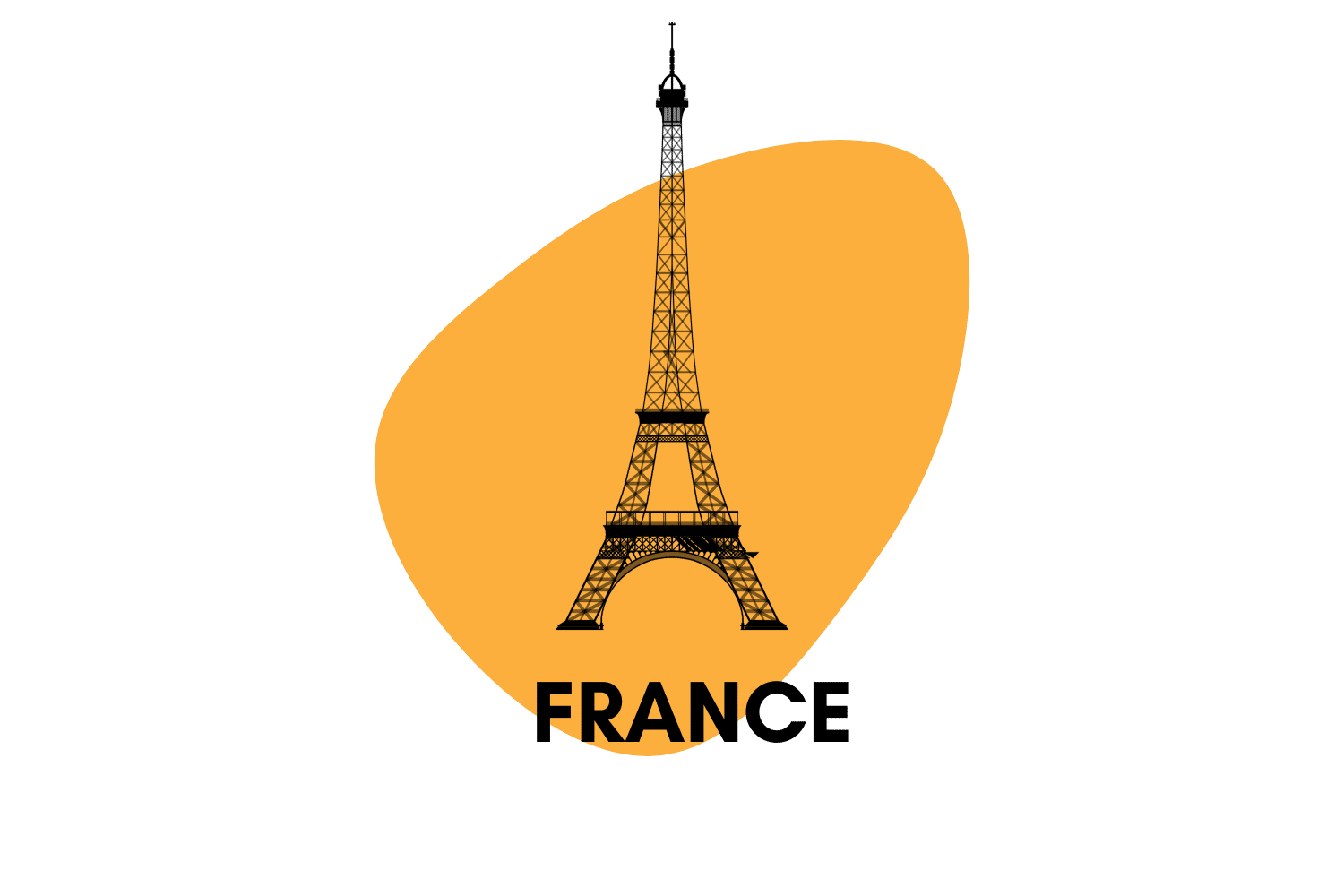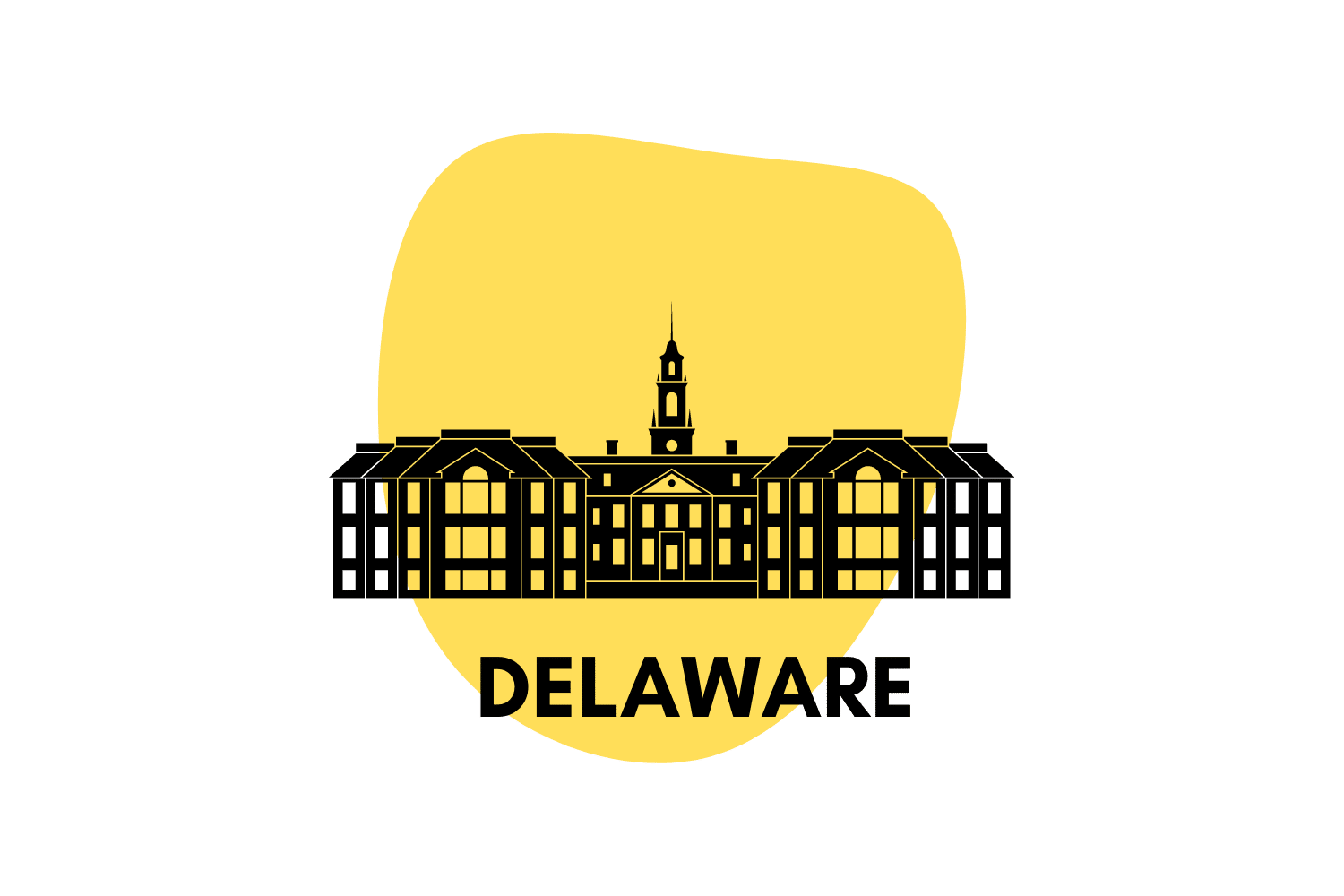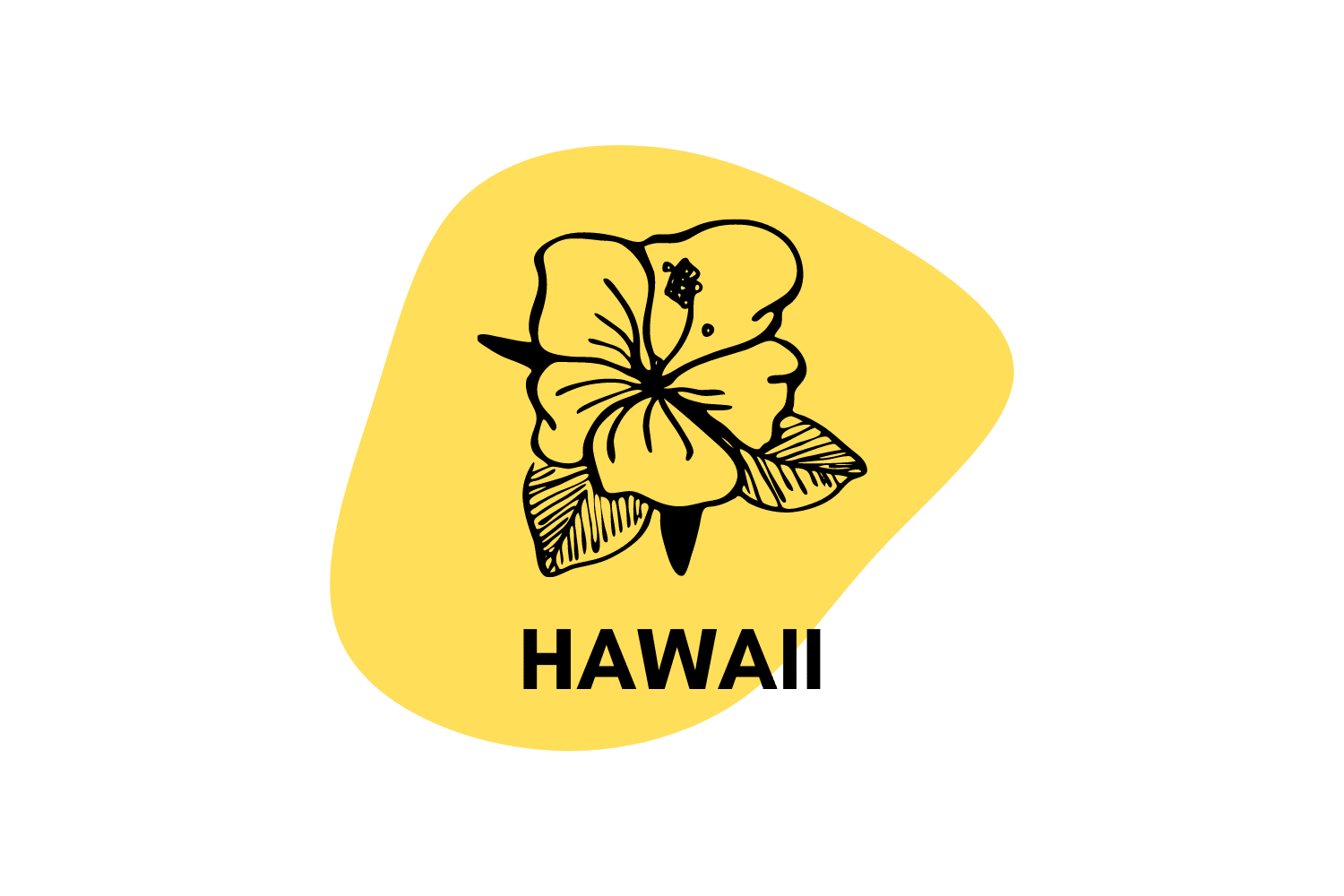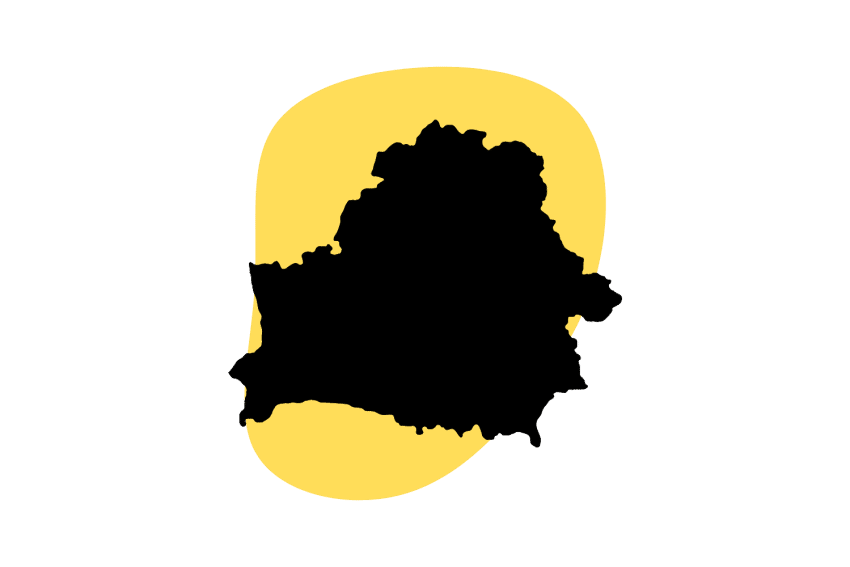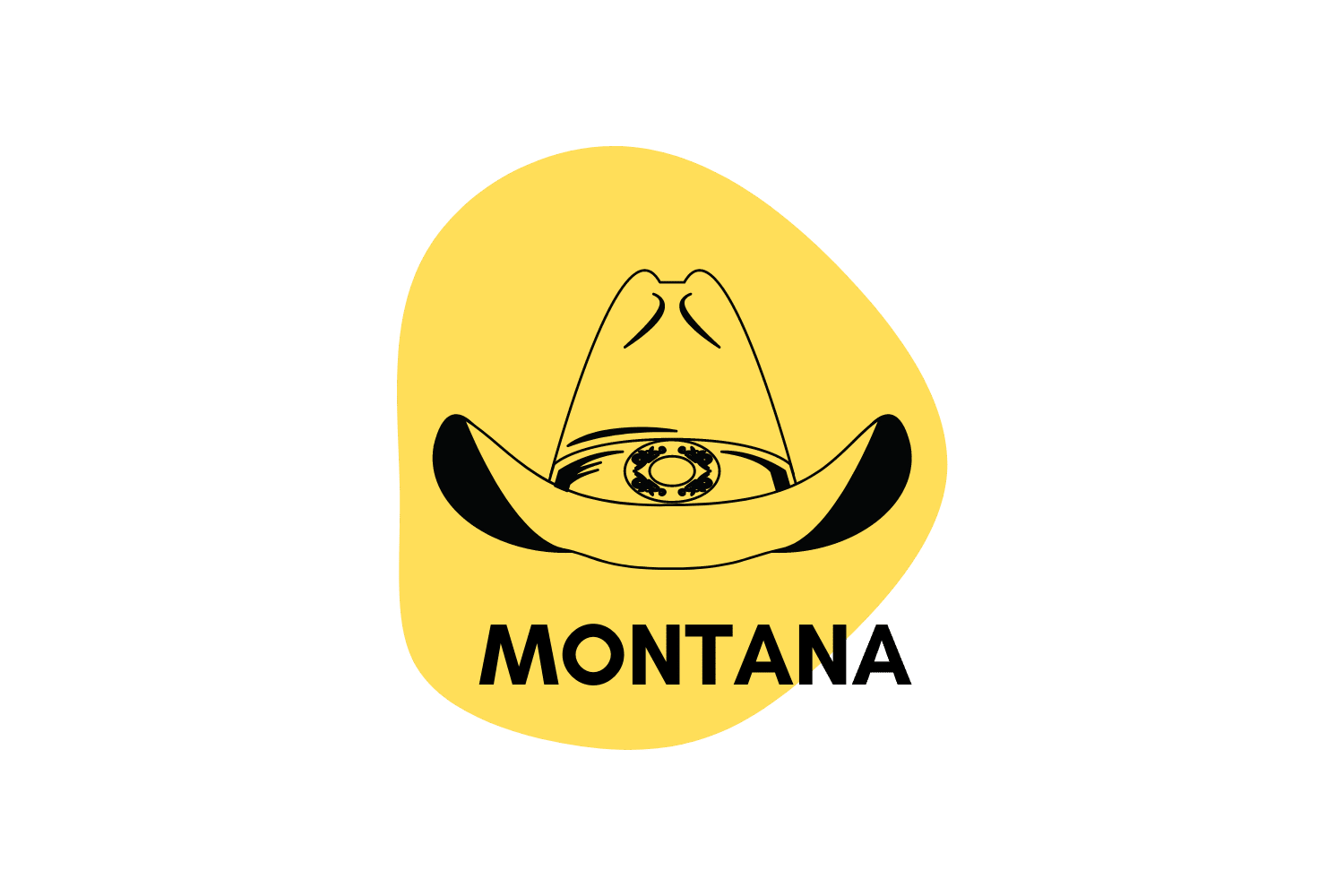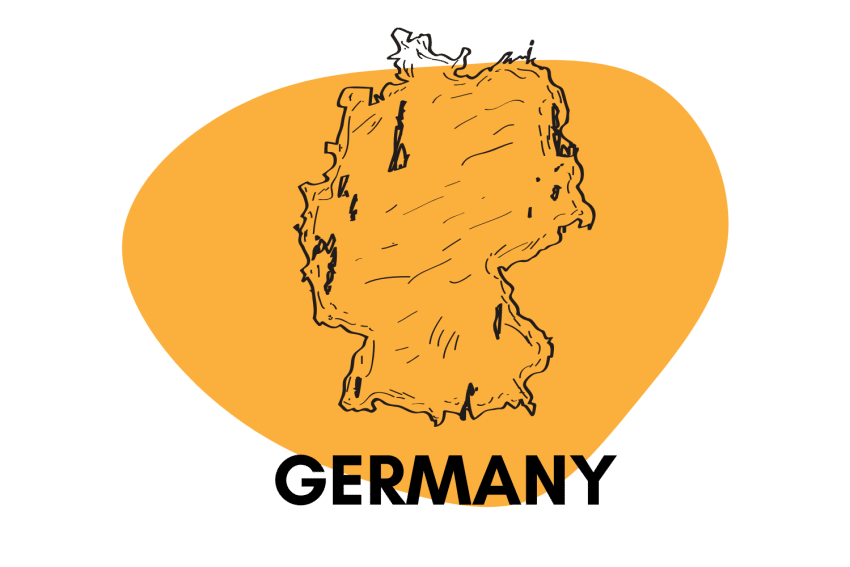Are Psychedelics Legal in New Jersey?
Keep an eye on New Jersey as they pave the way for the rest of the country.
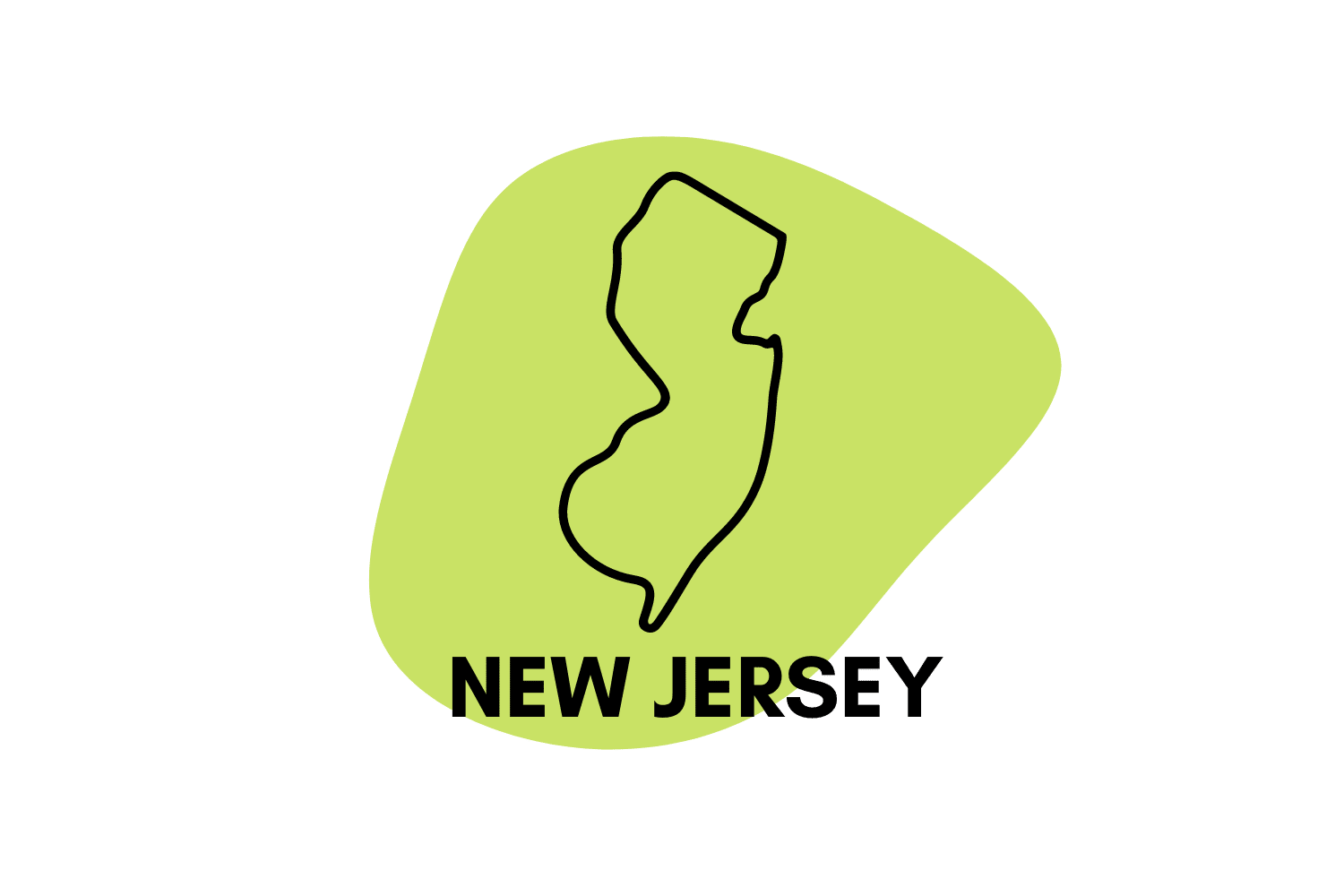
Most psychedelics are illegal in the state of New Jersey — however, as recently as February of 2021, magic mushroom possession penalties (and a few other natural psychedelics) were significantly reduced.
Here, we’ll explore the current laws and regulations for magic mushrooms, LSD, ketamine, MDMA, and more in the state of New Jersey.
Are Magic Mushrooms Legal in New Jersey?
Magic mushrooms are illegal in New Jersey. The active ingredients, psilocin, and psilocybin remain Schedule I drugs according to the Controlled Substances Act.
However, in February 2021, Governor Phil Murphy signed a bill into law, which specified that New Jersey citizens caught with less than one ounce of magic mushrooms would face less prison time and lighter fines ($1000 maximum).
Unlike other legal psychoactive substances, the state groups psilocybin with drugs such as cocaine, heroin, and methamphetamine — all of which carry a high risk for abuse.
For reference, possessing or selling these is classified as a third-degree felony (carries up to five years in prison and $25,000 in fines).
In recent years, some states and cities in the U.S., such as Washington D.C., Santa Cruz, California, Denver, Colorado, Massachusetts, and Oregon, have passed ordinances decriminalizing magic mushrooms or making them a lower priority for law enforcement due to their low potential for abuse and clear evidence of medicinal value.
We want to remark that magic mushroom spores are legal in most states and are sold for research purposes as they do not contain illegal compounds.
That said, growing magic mushrooms yourself using spores is still a crime in New Jersey.
Related: Where are magic mushrooms legal?
Do Magic Mushrooms Grow Wild in New Jersey?
Yes, several species of magic mushrooms grow in the State of New Jersey.
There are thousands of mushroom species in New Jersey, but only 5-7% are edible. Unfortunately, another 10% are poisonous. Most mushroom species are not toxic but provide no significant effects and carry a very unpleasant taste.
One of the magic mushrooms found in the meadows of New Jersey is Psilocybe graveolens, which is a very rare psilocybin mushroom. Other species include Psilocybe cubensis and Panaeolus cyanescens.
What Are the Medicinal Uses of Mushrooms?
Researchers recently discovered that psilocybin may offer support for the treatment of existential anxiety, depression, addiction, cluster headaches, and post-traumatic stress disorder (PTSD).
In addition, psilocybin and other psychedelics have been shown to improve problem-solving and creativity.
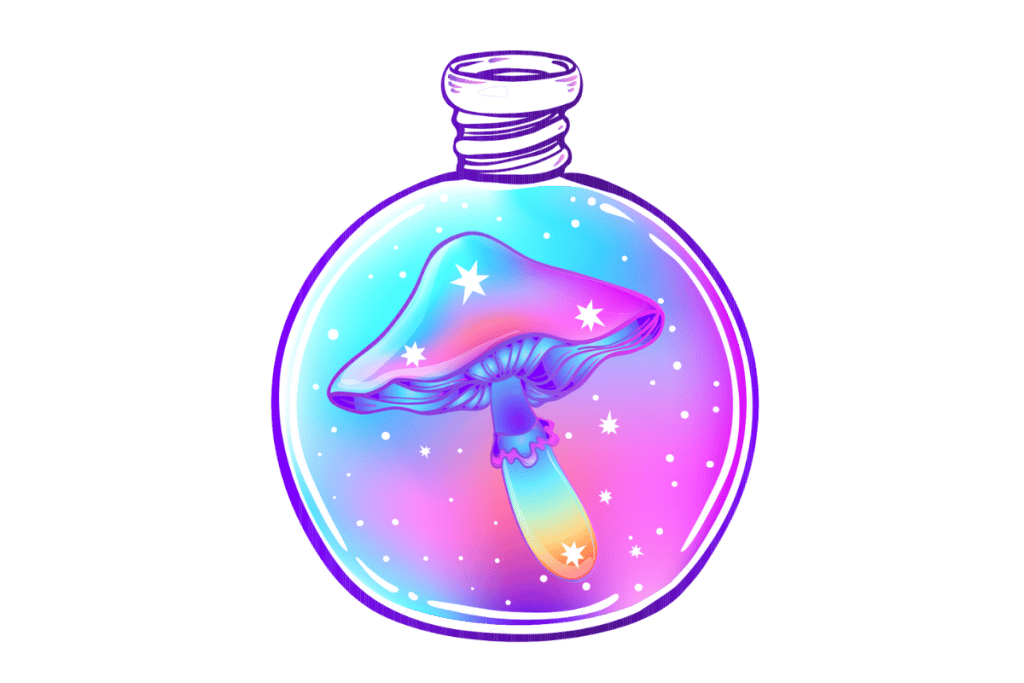
Is LSD Legal in New Jersey?
LSD (lysergic acid diethylamide) is illegal in New Jersey for all uses because it is a Schedule I Controlled Substance in the United States, just like heroin and MDMA. According to the Government, these drugs have a high potential for abuse and have no medical legitimacy whatsoever.
Possession of a Schedule I substance such as LSD is considered a third-degree felony that carries three to five years in prison and fines of up to $35,000.
As of yet, there are no countries in which LSD is legal. However, possession in small quantities is no longer criminalized in states such as Washington DC and Oregon under Measure 110.
Is MDMA Legal in New Jersey?
MDMA (ecstasy) is illegal in New Jersey for medicinal and recreational use, as it falls under Schedule I Controlled Substances in the United States, like heroin and LSD.
It’s important to note that many countries and states are trying to legalize MDMA for medicinal use since repeated studies lately have shown the significance of MDMA-assisted psychotherapy — especially for treating post-traumatic stress disorder (PTSD).
We emphasize that, in any case, MDMA will not be legal for public use anytime soon.
Is Ketamine Legal in New Jersey?
Ketamine is legal in the U.S. for medicinal purposes only.
In 2019, ketamine was approved by the FDA to treat patients with treatment-resistant depression.
Ketamine is illegal for recreational use everywhere in the world. There is no sign of any global trend to legalize ketamine for recreational purposes (at least not in the near future).
Legal Psychoactive Substances in New Jersey
In recent years there have been significant advances regarding the legalization and decriminalization of psychoactive drugs in the state of New Jersey.
Legal psychoactive substances in New Jersey include kratom, kava, areca nut, coffee, wild lettuce, tobacco, kanna, mandrake, salvia, morning glory, coleus, and DXM.
Recreational marijuana is decriminalized but not yet legal.
What Is the Difference Between Legalization and Decriminalization?
When a substance is decriminalized, even though possession or consumption continues to be illegal, the penalties for infringing such laws become significantly lighter (or almost nil).
When it’s legalized, all sentences are revoked.
Commonly, decriminalization is usually the step before legalization in the area of psychedelic and psychoactive drugs.
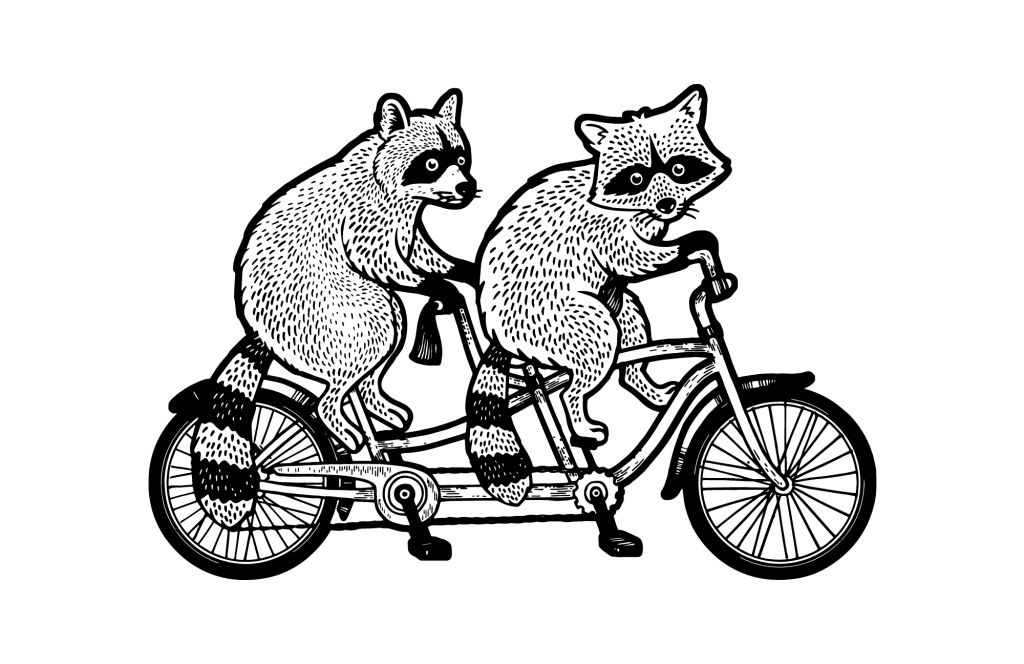
Key Points: What Is the Future of Psychedelics in New Jersey?
While magic mushrooms are illegal in all 50 states today, it is clear that the U.S. is moving towards decriminalizing specific substances such as psilocybin, MDMA, ketamine, and LSD.
Some states are already taking the first steps toward the right way, and we hope New Jersey follows this trend soon.
We don’t know when, but we think that psychedelics will be legal and available for everyone one day.

